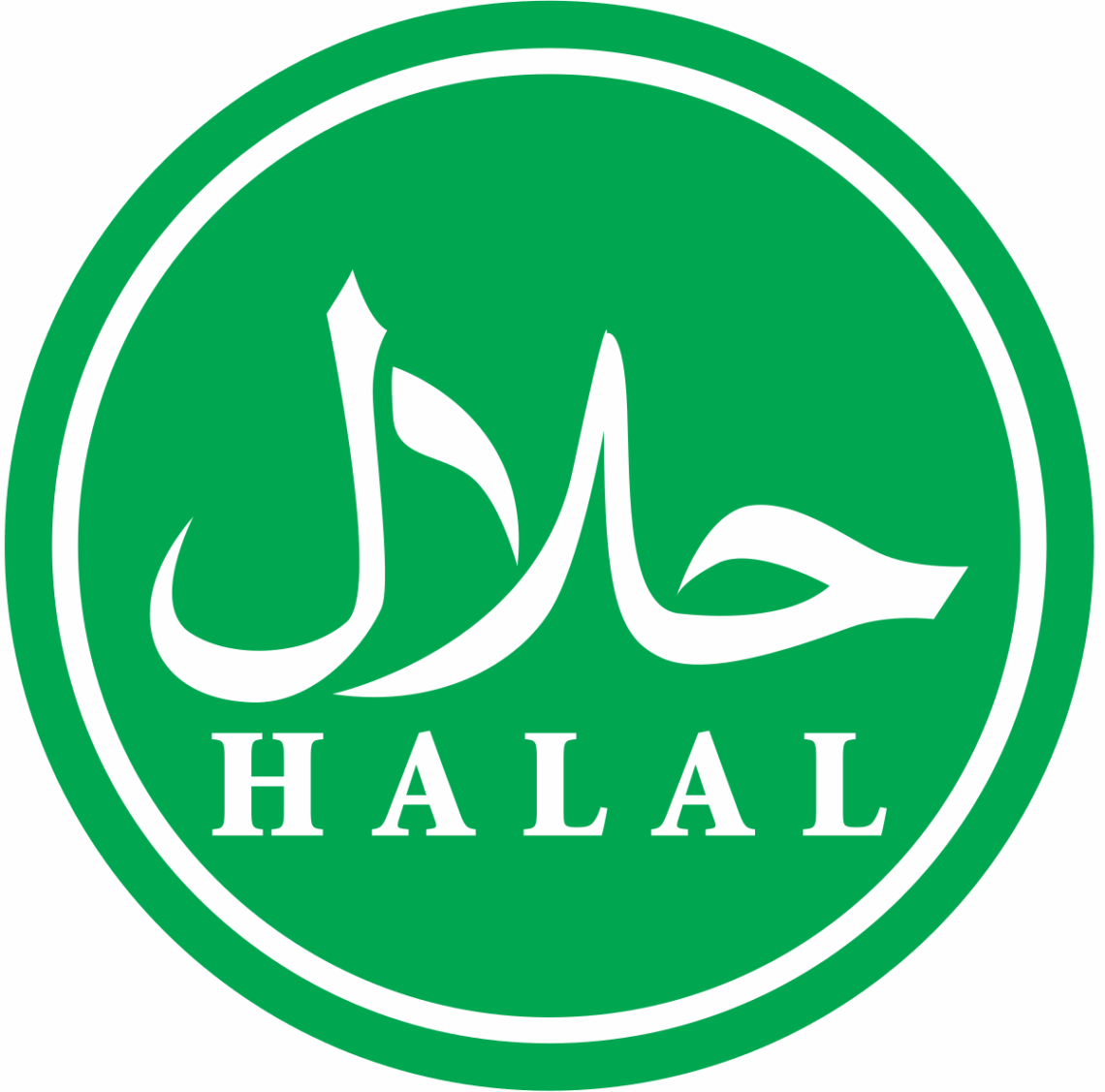An integrated marketing consultant, Mr. Adeyemi Aseperi-Shonibare, has described Nigeria’s National Halal Economic Strategy as a bold and inclusive pathway to sustainable growth and global competitiveness, saying the country stands to benefit from a trillion-dollar opportunity if it fully embraces the Halal economy.
Aseperi-Shonibare, Chief Executive Officer of PRIMAA Productions, stated this in an interview with the News Agency of Nigeria (NAN) in Lagos.
He recalled that in February, the Federal Government signed a cooperation agreement with Saudi Arabia’s Halal Products Development Company (HPDC) to position Nigeria as a major player in the global Halal market—currently valued at over $7.7 trillion.
The Halal economy, he explained, is built on ethical and traceable production systems compliant with Islamic principles but widely recognised as symbols of quality and integrity worldwide.
“The Halal economy is no longer a religious niche—it is a multitrillion-dollar global industry spanning food, pharmaceuticals, cosmetics, fashion, logistics, and hospitality,” Aseperi-Shonibare said. “It is about clean, transparent, and trustworthy production processes.”
He noted that Halal-certified products have gained wide acceptance in countries like the United Kingdom, the United States, Canada, and Australia, where consumers view the certification as a mark of quality rather than religious affiliation.
“Nigeria, with its population size and agricultural resources, cannot afford to remain a passive observer. The National Halal Economic Strategy presents a unique chance to diversify our economy and attract global investments,” he added.
While acknowledging that the official launch of the strategy was postponed, Aseperi-Shonibare said the delay should be used to refine the framework, ensure transparency, and foster collaboration between government agencies and private stakeholders.
He identified five key pillars for building a sustainable Halal economy: credible certification, compliant infrastructure, export development, tourism, and Halal finance.
According to him, “Developing these pillars will open up new markets, create jobs, and boost Nigeria’s credibility as a producer of high-quality goods.”
He added that with proper Halal certification, Nigerian agricultural exports such as beef, poultry, cocoa, Shea products, grains, and spices could easily penetrate premium markets in the Gulf Cooperation Council (GCC), North Africa, Europe, and Southeast Asia.
Aseperi-Shonibare also emphasised that adopting Halal standards could help Nigeria transition from exporting raw materials to producing value-added, globally competitive goods.
“When Nigeria certifies, Nigeria qualifies for premium access to global markets,” he said. “Halal certification is as neutral as organic or vegetarian labelling—it’s about standards, not religion.”
He dismissed concerns that the Halal initiative could threaten Nigeria’s secular identity, saying Halal certification applies to products, not people.
“Eating Halal bread doesn’t make one a Muslim, just as eating vegetarian food doesn’t make one a vegetarian,” he said.
The consultant urged policymakers to accelerate the implementation of the strategy through collaboration between federal and state governments, regulatory agencies, and investors.
He said such partnerships would help establish laboratories, logistics hubs, and certification facilities across the country, positioning Nigeria as a key Halal hub in Africa.
“The Halal economy offers Nigeria a practical route to industrial growth, job creation, and national development,” Aseperi-Shonibare stressed. “Let us choose prosperity over suspicion and action over hesitation. The world is open for business, and Nigeria must be too.”





